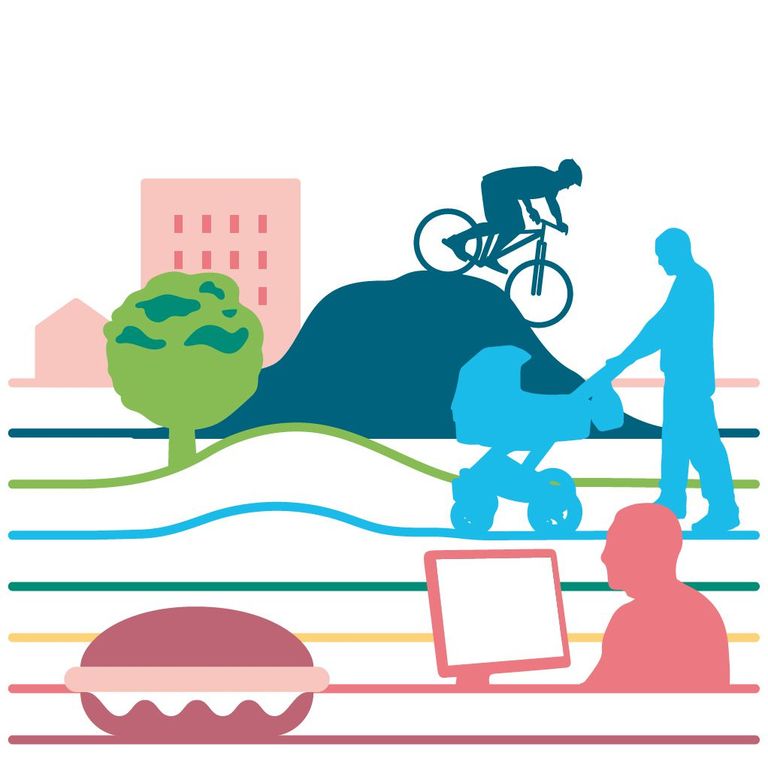Lifestyle and Landscape

How do lifestyles and social trends change consumer habits, thus influencing the development of the landscape in Switzerland and globally? This issue relates, for example, to change processes and their influence on the landscape in terms of diet, clothing or travel behaviour; but it also raises the question as to whether sustainable lifestyles offer economic opportunities.
Authors: Felix Kienast (WSL), Martina Brennecke (Amt für Raum und Verkehr, Kanton Zug), Norman Backhaus (UZH)
Projects/Events
Notes: In its five core topics (Landscape and Health, Landscape Culture, Lifestyles and Landscape, Climate Protection and Landscape, and Spatial Relationships), FoLAP has identified aspects where action is most needed in terms of sustainable landscape development. To promote political discourse and the social transformation process, there is a need not only to pool existing knowledge but also to invest more extensive effort in additional research and to step up the dialogue between research and practice. FoLAP understands the core topics as its own mission, and a mission for its community: they therefore appear on FoLAP's agenda as an invitation to institutions and players to become actively involved in these topic areas

